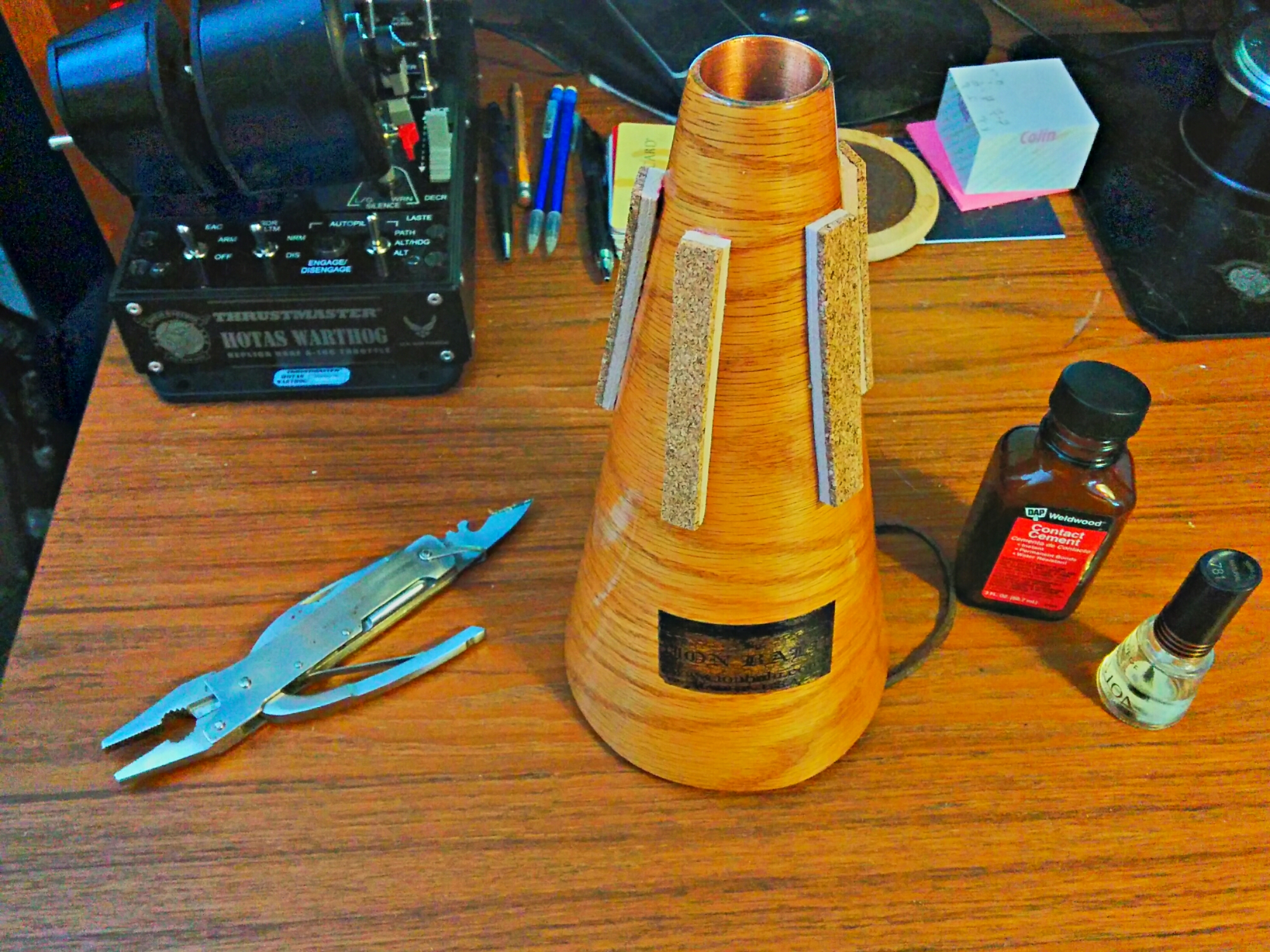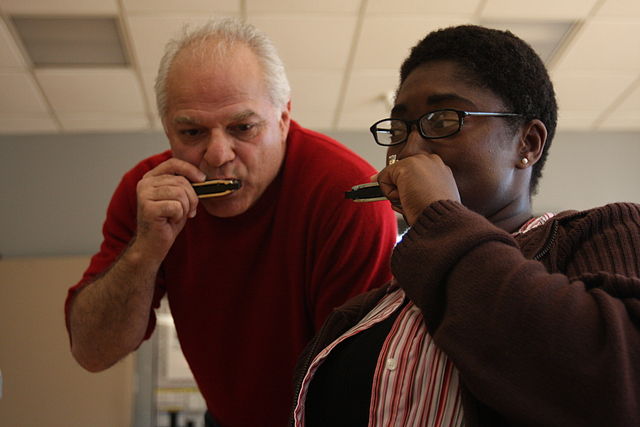I’ve gotten questions from several people about how to “break in” to various musical scenes.
While I’m far from an expert, I freelance in many styles, ensembles, and genres, so I thought I’d write up my thoughts about how best to get into playing in musical theater pits.
This article is intended for younger players (high school/college undergraduates). If you’re a more experienced player, you don’t need my help!
Before You Get The Call
While it’s obvious, one of the most important aspects of getting into a pit show is being a competent and reliable player in the first place.
This means that you need to have a strong sense of fundamentals. While everything is important, priorities for playing in pits include:
- Know your scales/arpeggios in all keys. Yes, all of them. Singers don’t particularly care if something is in the key of C or B (or F#), but this can be a dealbreaker for a less-prepared young musician. Sometimes there are multiple keys of the same song (depending on the vocalist’s range) that will need to be prepared. You must be equally confident in all 12 keys.
- Transposition is important for opera work, but not for musical theater work. While I have, on occasion, needed to transpose on the fly in musical theater, it’s rare.
- Be comfortable (and confident) sightreading. Musical theater shows are long (2-3 hours) and often have a lot of music. You may also not get the music very far ahead of time (more on that below), so you may not have a chance to practice every single song before the first rehearsal.
- Be able to focus for long periods. Pits can be very *dynamic* environments – an actor forgets a line, or someone skips ahead 16 measures in a song – and you must be able to recognize the problem quickly and “go with it” in a live performance.
Aside from these skills, one of the most important things to do is to make sure that you network with other musicians. Let everyone know that you are interested in playing in a pit. For a high school player, this would be your band director(s), choir director, theater director (if you have one), and probably others.
One word of caution, though. Make sure that you’re able to meet the technique guidelines I’ve mentioned above. Showing up unprepared or unable to play a show is bad news. It makes you look bad and makes things harder on others (both in the pit and on the stage). If you show up in a pit unprepared, don’t be surprised if you don’t get a second chance.
Once You Get the Call
Congratulations, you’ve got a call for a show! If you’ve never done a musical before, or if you get a call for a new show, the most important thing to do is talk to the music director (or whoever hired you) and find out when you can get your part.
This is one of the most challenging things about playing musical theater. While there are standard editions of orchestral pieces and operas that you can find online or in a music library, there is no such resource for musical theater works.
There are also lots of versions of a single show. These can have different orchestration, different arrangements (or keys) of certain songs, removal (or addition) of complete songs, etc. Many times, it’s quite difficult to find a cast recording that perfectly matches an active touring or school arrangement.
Once you have the part, you can flip through and look for things that will require further practice. Make sure you look at the music carefully – easy-looking music can be made much more difficult if the key signature is awkward or if the tempo is very fast (or very slow). Don’t just look for “black ink” to determine what to practice.
Also, look to see if you’ll need a straight mute (Balu mutes are great, but Trumcor or Stonelined are also good). Most musicals will require at least a straight mute, and often you’ll have stopped notes as well. It’s up to you (and the specific part) whether you will do the stopped notes with your hand or a stop mute (Balu and Trumcor are both good options). When looking at muted sections, make sure it’s obvious when the mute goes in and when it comes out. Often it’s either not clear or there’s not much time to make the transition.
In the Pit
Once you are actually in the pit during rehearsals and performances, things are straightforward. There are a couple of things to be aware of, however.
- Bring a book (maybe one of these)! These rehearsals can be *incredibly boring*. There are a lot of moving parts in a musical theater/opera show (singers/lighting/choreography/orchestra/etc.), and you may find yourself sitting for 5-30 minutes while things are worked out on stage. Having a book helps to keep you mentally awake and lets you…
- Stay off your phone. While some shows have long breaks in between songs, many of them can move fairly rapidly from one song to another. Checking your phone in a 15-second scene is a *great* way to miss an entrance and/or get mentally distracted. Don’t do it.
- Volume can be a challenge. Some pits are boomy, concrete boxes, and others are carpeted without a ceiling. Try your best to listen and match volume with the other musicians around you – *except* for electronic instruments (keyboard, amplified guitar, or bass). Getting in a decibel war with amplified instruments is a losing proposition. Both for your chops and your hearing (earplugs may be a good idea).
- Things will change – watch the conductor. Watching the conductor is always important, but it’s especially important in the pit. Actors can miss cues (or jump in early), choreography can go wrong, lines can be forgotten or rearranged, etc. Keeping a close eye on the conductor is important if they need to quickly jump the pit forward (or back) to a different measure.
- It’s not about you. Even if you have a big solo, you are not the most important thing going on. There is very likely a dance, dialogue, or choreography going on on stage that the conductor is trying to fit with. Even if you disagree with their tempo choice, you need to follow them – they are likely trying to fit in with something you can’t see.
Any other questions (or advice that I’ve missed)? Let me know in the comments below, and good luck!





